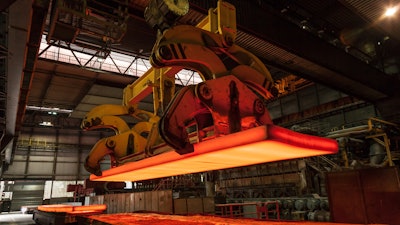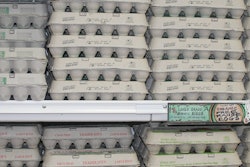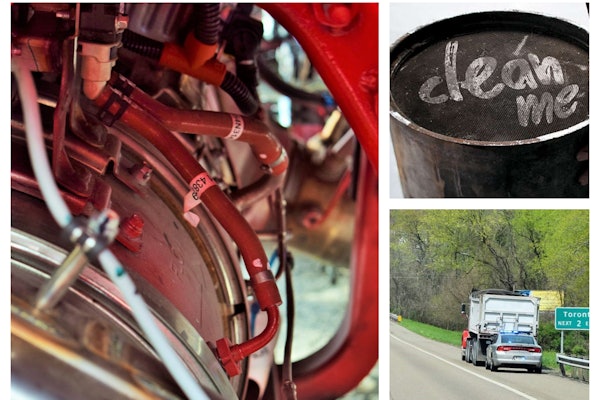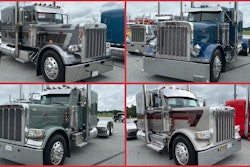
President Donald Trump announced a new 25% tariff on steel and aluminum this week. The tariffs will go into effect March 12 and include no exceptions or exemptions.
Metals were a common tariff target for President Trump during his first term, and the tariffs Trump enacted in 2018 were kept by the Biden Administration.
"This is a big deal. Do you know what this means? This is the beginning of making America rich again," President Trump said in signing the executive order Monday.
Bringing more tariffs to both materials will undoubtedly impact the vehicle sector, which still sources most of its raw materials from abroad due to domestic production limitations. China is the largest producer of steel globally but most steel used in the United States comes from Canada, Brazil, Mexico and South Korea. U.S. aluminum also is overwhelmingly sourced from Canada.
President Trump's all-encompassing 25% tariffs on goods from Canada and Mexico remain paused as the nations negotiate long-term solutions.
[RELATED: MEMA offers guidance on Chinese tariff implementation]
The financial extent of the tariffs are not yet known, but industry groups warned higher prices and supply chain vulnerability could occur as manufacturers respond to the President's action.

“The expansion of these tariffs will have far-reaching consequences beyond the steel and aluminum industries. Vehicle parts, along with countless other downstream industries, depend on a stable supply of raw material to create and provide the countless vehicles parts that keep our families, businesses and economy running. These industries are a critical part of not only the American transportation industry, but also U.S. manufacturing as a whole,” says Bill Hanvey, president and CEO of the Auto Care Association.










